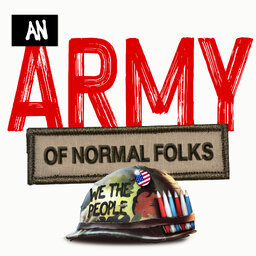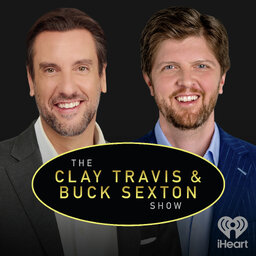Jane Borochoff: Special Olympics for Jobs (Pt 1)
After marrying her husband whose son Bradley has an intellectual & developmental disability (IDD), Jane heroically gave up her own job to try to help train him for one. In our broken culture where 66% of adults like Bradley are not employed, Jane’s nonprofit called The H.E.A.R.T. Program has broken the mold and helped more than 1,000 adults with IDDs operate 90 vending machines, concession stands at Rockets and Texans games, and achieve their full potential.
In 2 playlist(s)
An Army of Normal Folks
Our country’s problems will never be solved by a bunch of fancy people in nice suits talking big wor…Social links
Follow podcast
Recent clips
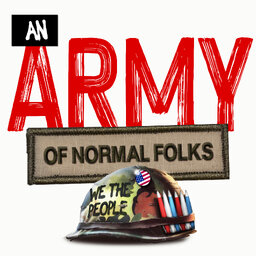
How America Lost “We” — And How You Can Help Rebuild It Today
16:17
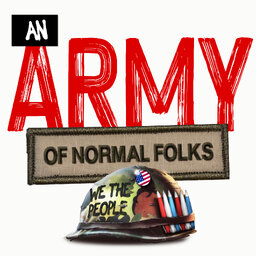
What If We Stopped Treating People Like Mascots? (Pt 1)
39:18
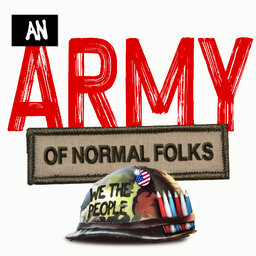
What If We Stopped Treating People Like Mascots? (Pt 2)
1:00:46
 An Army of Normal Folks
An Army of Normal Folks